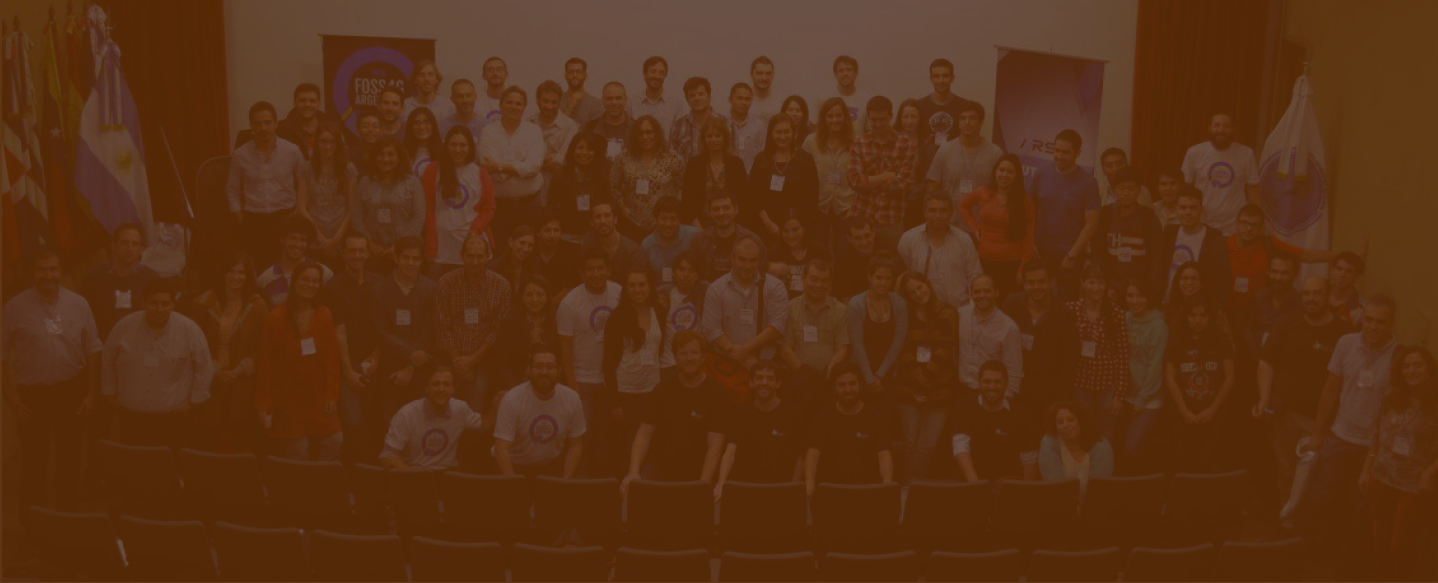Zhuang-Fang NaNa Yi
Dr. Zhuang-Fang NaNa Yi is GeoAI Lead and Machine Learning Engineer at Development Seed, who has a Ph.D. in Ecological Economics and has applied geospatial analysis and satellite imagery processing in her various academic works since 2010. Before DevSeed, she was a research scientist in quantitative ecology.
Sessions
UNICEF's Giga Initiative endeavors to map every school on the Planet. Knowing the location of schools is the first step to accelerate connectivity, online learning, and initiatives for children and their communities, and drive economic stimulus, particularly in lower-income countries. Development Seed is working with the UNICEF Office of Innovation to enable rapid school mapping from space across Asia, Africa, and South America with AI. In seven months of development and implementation, we added 23,100 unmapped schools to the map in Kenya, Rwanda, Sierra Leone, Niger, Honduras, Ghana, Kazakhstan, and Uzbekistan.
To accomplish this we built an end-to-end scalable AI model pipeline that scans high-resolution satellite imagery from Maxar, applies our highly refined algorithm for identifying buildings that are likely to be schools, and flags those schools for human review by our talented Data Team. You can view our interactive maps of schools before and after the project for all countries we mapped, and examples of unmapped schools we found through the project.
Scanning high-resolution imagery of large sections of the planet is a massive undertaking. Accomplishing an effort of this scale gave us the opportunity to make improvements to our scalable AI tool (will be open-sourced soon), from efficient model training and experiments with Kubeflow on Google Kubernetes Engine, fast model inference with ML-Enabler, and data curation tools. We are proud to contribute these advances with AI for Good communities through advancing open datasets and open source libraries.
AI isn’t perfect when it comes to learning about complex satellite imagery and real-world features. On the other hand, only relying on humans to map complex features and objects is too tedious and slow. AI accelerated human-in-the-loop methods provide new approaches to quickly create map objects and features for climate actions with scalable cloud computing power and growing EO data. At Development Seed, we’ve been proudly working with two partners, UNICEF and Microsoft Planetary Computer, to bring AI accelerated human-in-the-loop methods to the hands of policymakers, scientists, and mappers for SGD and climate actions.
In this talk, we would like to present:
What are AI accelerated human-in-the-loop methods for SDG and climate action?
How can we leverage the scalable methods in the era of growing EO data and cloud computing?
How fast and scalable we can create accurate school and LULC maps for policymakers, scientists, and mappers.

